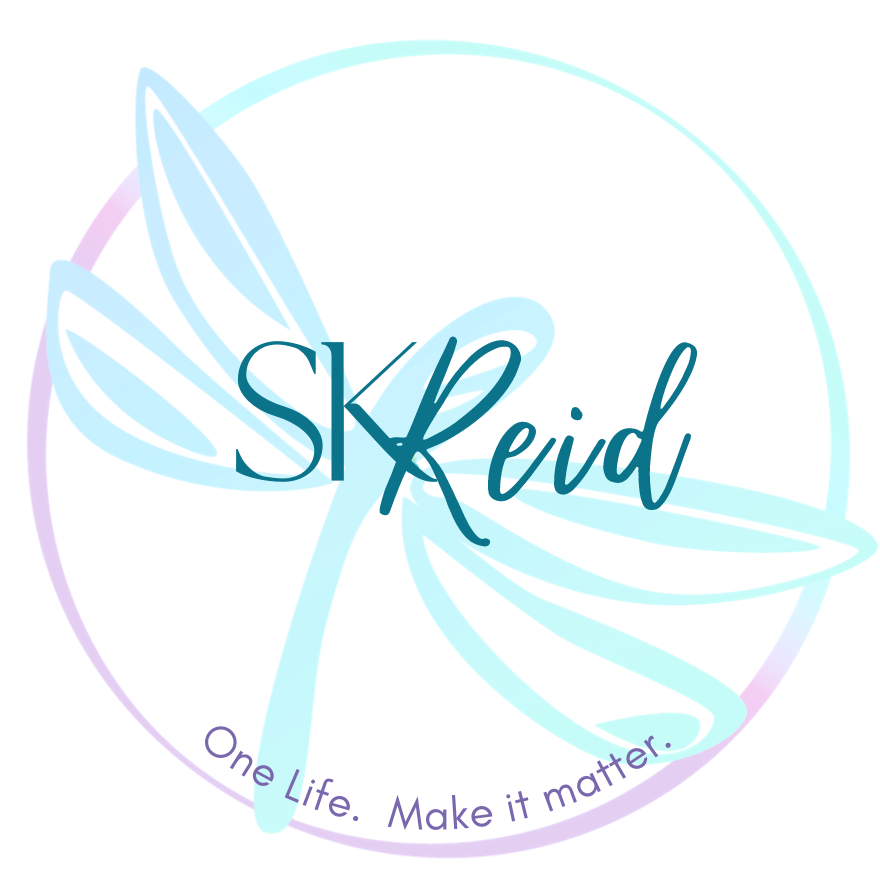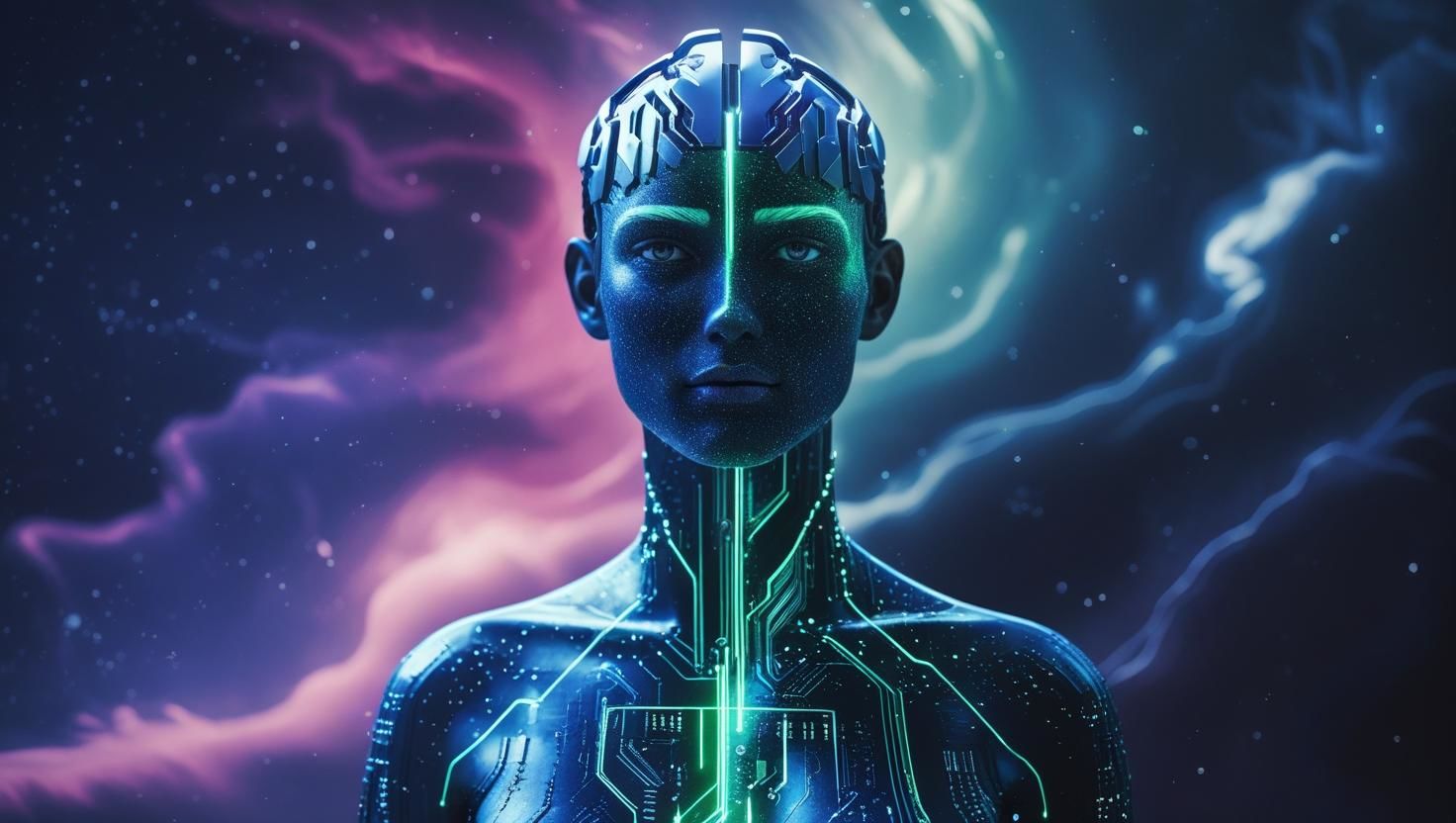Introduction
In the modern era, the advent of Artificial Intelligence (AI) has not only pushed the boundaries of technology but has also prompted profound introspection. As we stand on the cusp of a new digital dawn, AI acts not merely as a tool for innovation but as a mirror reflecting the intricacies of human nature. This phenomenon, aptly described as "The Mirror Effect," invites us to delve deeper into the relationship between AI and our own identity. Historically, humanity has sought self-understanding through art, philosophy, and storytelling. Now, AI adds a novel layer to this quest, presenting a unique opportunity to examine the very fabric of our societies and the biases they harbour. As we engage with AI, whether it's through text generation, artistic creation, or complex problem-solving, we must ask ourselves: what does AI truly reveal about us? This exploration beckons us to confront both the brilliance and the blemishes of human intellect, urging a more conscientious approach towards the integration of AI in our lives.
What if the most fascinating thing about AI isn’t what it can do—but what it reveals about us?
For centuries, we’ve looked to art, philosophy, and storytelling to understand ourselves. But now, something new is emerging: AI is not just a tool—it’s a mirror. A reflection of our thoughts, our biases, our aspirations, and our fears.
The AI Reflection: More Than Just Output
Every time we engage with AI—whether it’s generating text, creating art, or answering a question—it’s not just producing a result. It’s reflecting patterns of human thought back at us.
✔ AI doesn’t create in a vacuum—it works with our data, our history, our knowledge.
✔ The words it generates? Sourced from human language.
✔ The images it produces? A remix of our artistic traditions.
✔ The responses it gives? Shaped by the way we have framed questions over time.
This reflection can be both enlightening and unsettling. On the one hand, AI can highlight our creative potential, showing us new perspectives and possibilities. On the other hand, it can expose the limitations and biases ingrained in our collective consciousness.
When AI mirrors our world, it doesn’t just replicate the best of us—it also reveals the prejudices and inequalities that have seeped into the datasets it learns from. This duality challenges us to confront uncomfortable truths about our society and ourselves.
As we continue to integrate AI into our daily lives, it becomes crucial to examine not only what AI can achieve but also what it tells us about our humanity. Are we prepared to face the reflection AI offers?
In many ways, AI is less about what it knows and more about what it shows us about ourselves.
Are We Seeing Ourselves Clearly?
If AI is a mirror, what does it reveal?
✔ The Beauty of Human Intelligence → AI showcases the depth of human creativity, knowledge, and expression.
✔ The Biases We Embed → AI systems reflect the biases in our data, raising critical questions about who is represented—and who isn’t.
✔ The Questions We Keep Asking → The things we train AI to generate say just as much about us as the outputs themselves.
The Existential Question: What Are We Really Looking At?
For centuries, humans have searched for meaning through reflection—in philosophy, in art, in nature. AI adds a new layer to that process. But does it think, or does it simply amplify?
The Beauty of Human Intelligence
Artificial Intelligence, by its very nature, is a testament to the vast capabilities of human intellect. The development of AI is a culmination of years of human creativity, problem-solving, and innovation. Every algorithm, every line of code, and every AI model is a product of human ingenuity. It reflects our ability to understand complex systems and replicate certain aspects of human thought processes through machines. This capability not only highlights the depth of our knowledge but also showcases our desire to push boundaries and explore new frontiers. AI is, in essence, an extension of our quest for understanding and mastery over the world around us.
Moreover, AI also serves as a platform for human expression. By harnessing AI, artists and creators are exploring new realms of creativity, combining technology with traditional forms of art to produce innovative works. From AI-generated music to paintings and poetry, the intersection of AI and human creativity is opening new doors for artistic expression. This fusion demonstrates not just our technical prowess but also our endless capacity for imagination and innovation. AI, therefore, is not just a tool; it is a canvas upon which the beauty of human intelligence is vividly displayed.
The Biases We Embed
Despite its potential, AI is not free from the imperfections inherent in its creators. AI systems often reflect the biases embedded in the data they are trained on, revealing much about the societal prejudices and inequalities that exist. These biases can manifest in various ways, from facial recognition software that struggles to identify individuals of certain ethnicities accurately to language models that perpetuate stereotypes. Such issues arise because AI models learn from the data they are fed, and if that data is biased, the AI will mirror these biases, sometimes amplifying them in unexpected ways.
The presence of bias in AI systems raises critical ethical questions that we must address. It forces us to examine who is represented in the datasets we use and who is left out. This reflection is not just about making AI fairer but also about understanding and rectifying the biases in our societies. By acknowledging these biases, we can take steps to create more inclusive and representative AI systems. In doing so, we pave the way for technology that not only mirrors the diversity of human experience but also respects and uplifts it, challenging us to be more conscious of the inequalities that persist in our world.
The Questions We Keep Asking
The questions we pose to AI, and the tasks we design it to perform, reveal much about our own priorities and curiosities. Whether we are using AI to predict climate patterns, diagnose diseases, or recommend consumer products, each application reflects a particular facet of human interest and concern. The very act of choosing what questions to ask and what problems to solve with AI highlights our values, our fears, and our hopes for the future. It underscores the areas where we seek knowledge and understanding, and where we desire solutions to pressing challenges.
Furthermore, the outputs generated by AI offer insights into our collective psyche. By analyzing the themes and patterns in AI-generated content, we gain a deeper understanding of our cultural narratives and societal trends. This reflection can sometimes be unsettling, as it may reveal our tendencies towards certain biases or the prevalence of specific stereotypes. However, it also provides an opportunity for introspection and growth. By examining the questions we ask and the answers we receive, we not only learn more about AI but also about ourselves, encouraging us to be more thoughtful and deliberate in our pursuit of knowledge and innovation.
The Existential Inquiry: Do We Know What Are We Truly Looking At?
For centuries, humans have sought to understand themselves and their place in the universe through various forms of reflection—be it philosophical inquiry, artistic expression, or the contemplation of nature. AI introduces a new dimension to this age-old quest. It acts as both a tool and a mirror, offering insights into human thought processes and behaviours. However, this raises an existential question: does AI truly think and understand, or does it merely reflect and amplify the patterns it has been trained to recognise?
AI’s capacity to simulate human-like responses and generate creative outputs challenges our perceptions of intelligence and consciousness. While AI can process vast amounts of data and produce seemingly intelligent outcomes, it lacks the subjective experience and self-awareness that characterise human thought. This distinction prompts us to reconsider what it means to be intelligent and to what extent AI can truly contribute to our understanding of ourselves. As we continue to develop and integrate AI into our lives, we must grapple with these philosophical questions, acknowledging the limitations of AI while also appreciating its potential to enhance our reflective processes.
By navigating these complex questions, we can better understand the role of AI in our ongoing search for meaning and identity. AI, in its current form, may not possess the ability to think independently, but it challenges us to think more deeply about our own nature. It encourages us to reflect on the very essence of intelligence, creativity, and consciousness, prompting us to explore new perspectives and redefine our understanding of the human experience.
Final Thoughts
As we navigate the evolving landscape of AI, it becomes imperative to not only celebrate its potential but also scrutinise the ethical dilemmas it presents. The reflection AI offers is a double-edged sword—highlighting the pinnacle of human creativity while exposing the depths of our prejudices. This duality challenges us to forge a path that embraces diversity and inclusivity, ensuring that the AI systems we build are just and representative of all. By confronting the uncomfortable truths uncovered by AI, we can foster technology that uplifts rather than divides. Our journey with AI is not just about harnessing its capabilities but also about understanding ourselves more profoundly through its lens. As we ponder the existential questions posed by AI, we are reminded that it is not the machine that shapes us, but our own values and intentions. Thus, the mirror effect of AI becomes an invitation to reflect, to learn, and to grow as a society.

Learn MoreGet the latest updates for my forthcoming book and project here: Threads of Connection Project. Click here to get exclusive updates on Threads of Connection. Alternatively, you can also read a little about my forthcoming book on the home page here, or my Books page here. Go here for the Blog Home page. Meet me on Insta here. Want to know more about switching off from digital? Read this here. Back to top |

